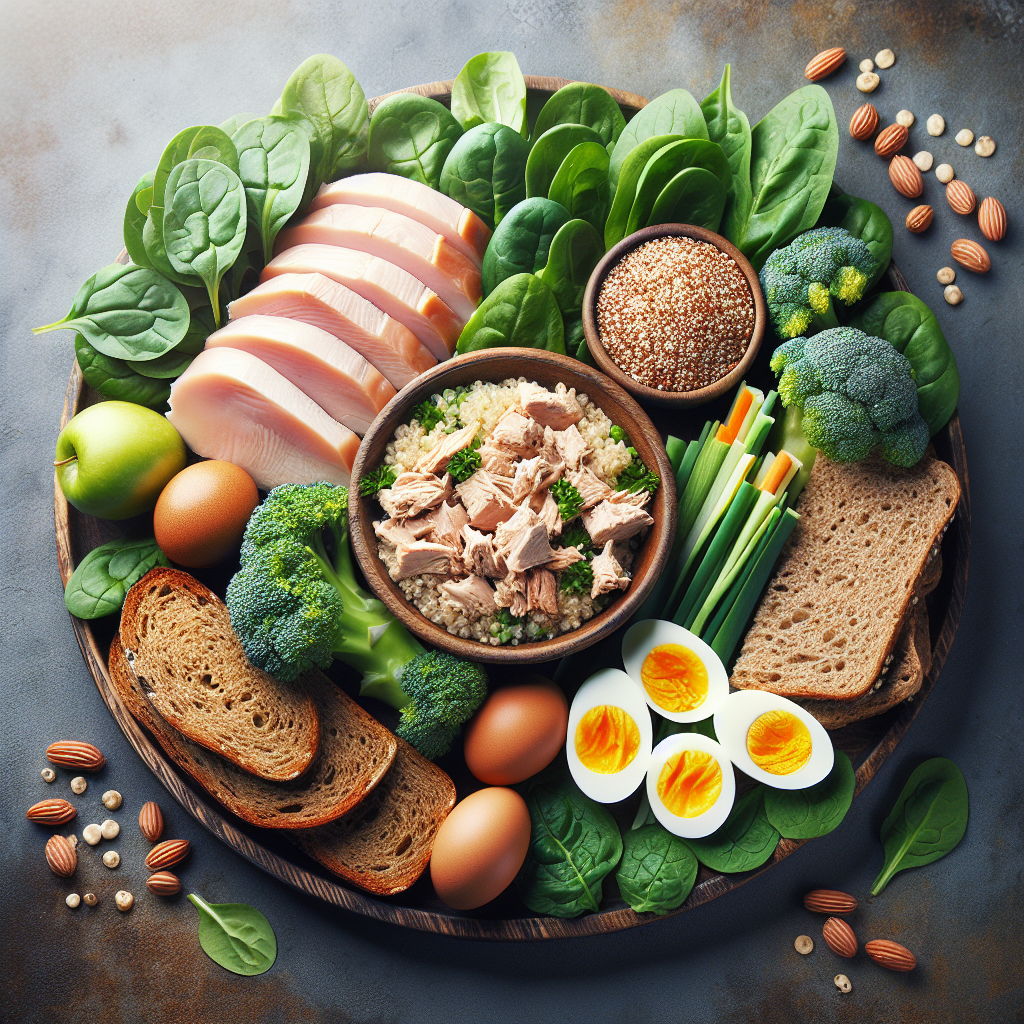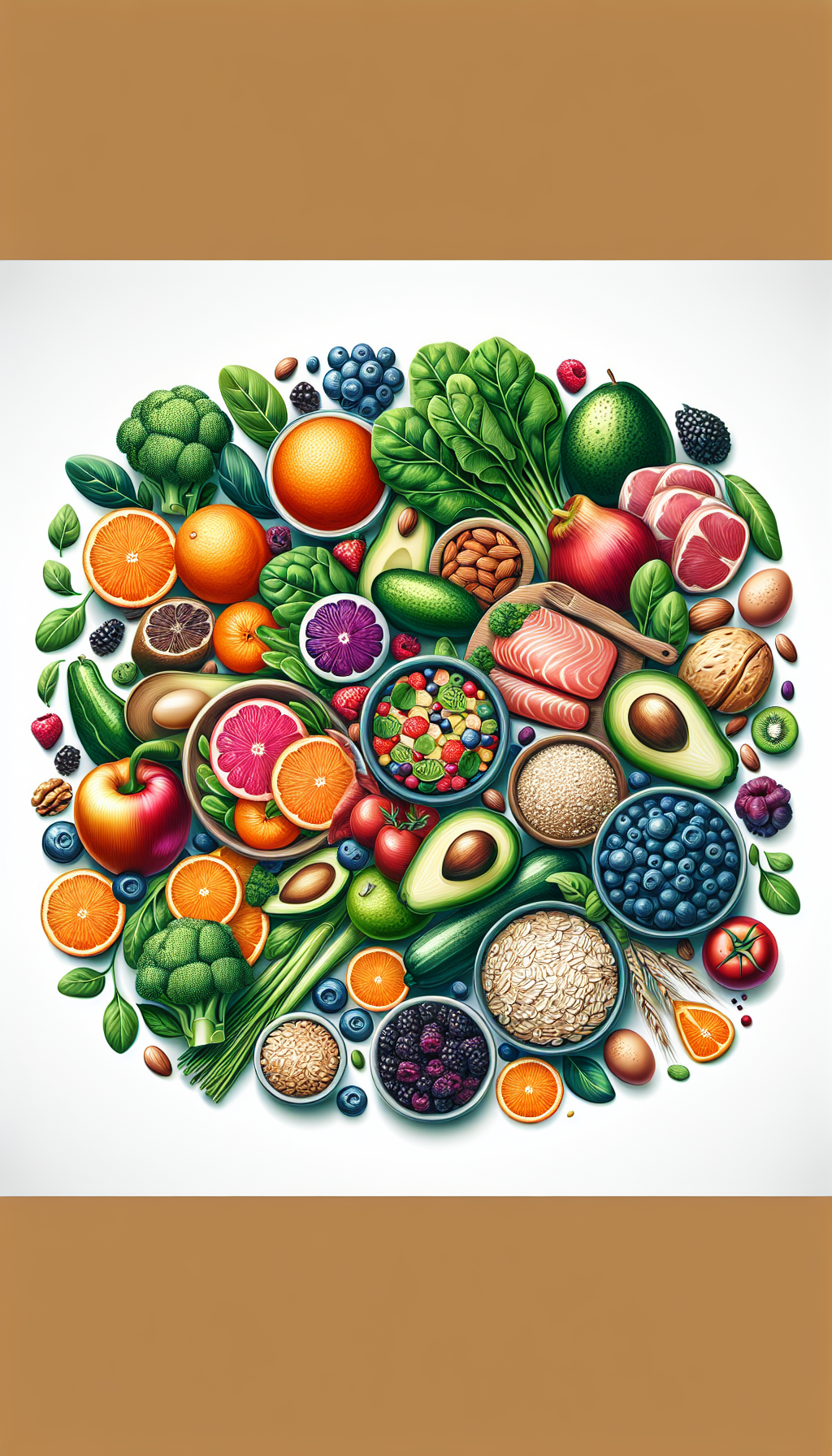Proper nutrition is a cornerstone of any effective fitness regimen. Not only does it fuel your workouts, but it also aids in recovery, muscle building, and overall health. Understanding the essentials of pre and post workout nutrition can help you maximize your fitness efforts and achieve your goals more efficiently. This comprehensive guide will delve into the importance of nutrition timing, what foods to eat, and how to balance your meals to support your exercise routine.
Pre-Workout Nutrition: Fueling Up for Optimal Performance
The food you consume before hitting the gym sets the stage for how much energy you’ll have throughout your workout and can impact your ability to perform at your best. The key is to focus on complex carbohydrates and lean proteins that provide a slow and steady release of energy. For instance, a meal consisting of whole-grain toast with almond butter and a banana offers a balanced blend of macros that can keep you powered throughout your session.
When planning your pre-workout meal, consider the timing. Eating a full meal 2-3 hours before exercise allows for digestion and energy availability. If you’re closer to your workout time, opt for a smaller snack that’s easy to digest, such as a piece of fruit or a small yogurt.
The Role of Supplements
For some, supplements can be a helpful addition to their pre-workout routine. Products like caffeine, beta-alanine, and branched-chain amino acids (BCAAs) are popular for their potential to enhance performance. However, it’s crucial to approach supplements with caution and consider your individual needs and health conditions. Always consult with a healthcare professional before starting any new supplement regimen.
During Workout Nutrition: Sustaining Your Energy
Although not always necessary, if you’re engaging in prolonged or high-intensity workouts, you may benefit from intra-workout nutrition. This can help sustain energy levels, enhance performance, and prevent muscle breakdown. A simple carbohydrate drink or a piece of fruit can provide a quick energy source to keep you going.
Post-Workout Nutrition: Recovery and Replenishment
The period immediately following your workout is when your body is primed to repair and rebuild muscle tissue and replenish energy stores. This is the time to consume a mix of carbohydrates and proteins. A post-workout shake or a meal containing lean protein like chicken or fish, along with complex carbohydrates such as quinoa or sweet potatoes, can aid in recovery and muscle growth.
The Importance of Protein
Protein is particularly crucial after exercise as it provides the amino acids necessary for muscle repair. For optimal recovery, aim for 20-40 grams of protein post-workout. Consuming protein within the "anabolic window," typically within 30 minutes to two hours after your workout, can capitalize on your body’s heightened state of recovery.
Carbohydrates Are Key
Carbohydrates are equally important. They replenish glycogen stores that have been depleted during exercise. The amount of carbohydrates needed depends on the intensity and duration of your workout, but a good rule of thumb is a 3:1 ratio of carbohydrates to protein.
Hydration: A Critical Component
Hydration cannot be overstated in both pre and post workout nutrition. Water supports every metabolic function and nutrient transfer in the body and is essential to the recovery process. Ensure you’re well-hydrated before you begin your workout and continue to drink water throughout your session and after finishing.
For more detailed guidance on hydration and nutrition, refer to The Significance of Proper Hydration in Fitness Regimens.
Tailoring Nutrition to Your Workout
Your nutrition should align with your workout type. For example, endurance athletes may require more carbohydrates for sustained energy, while strength-focused athletes may emphasize protein for muscle repair and building. Understanding your body’s needs and the demands of your specific fitness routine is essential.
For insights into optimizing your fitness routine, explore Optimizing Fitness Routines for Weight Loss Success.
The Intersection of Nutrition and Overall Health
It’s important to remember that workout nutrition should complement your overall diet. Consuming a variety of nutrients supports not just your workouts but your overall health. For a broader understanding of how fitness and nutrition contribute to health, take a look at Fitness.
External Resources for Further Reading
In addition to the resources provided, here are a few external websites that offer niche and specific information supporting the points made in this article:
- International Society of Sports Nutrition: An organization dedicated to promoting the science and application of evidence-based sports nutrition and supplementation.
- American College of Sports Medicine: Provides comprehensive information on exercise science and sports medicine, including nutrition guidelines for athletes.
- Nutrition Data: Offers detailed nutritional information on various foods, helping you plan your pre and post workout meals.
- Examine.com: An independent database on nutrition and supplement research, providing unbiased information on various supplements’ effectiveness and safety.
- Precision Nutrition: Specializes in nutrition coaching and education, with in-depth articles on meal timing and workout nutrition strategies.
By integrating the principles of pre and post workout nutrition with a balanced diet and adequate hydration, you can ensure that your body has the fuel and nutrients necessary to perform at its best, recover efficiently, and maintain overall health. Tailor your nutrition to your individual needs and the demands of your fitness routine for the best results.



